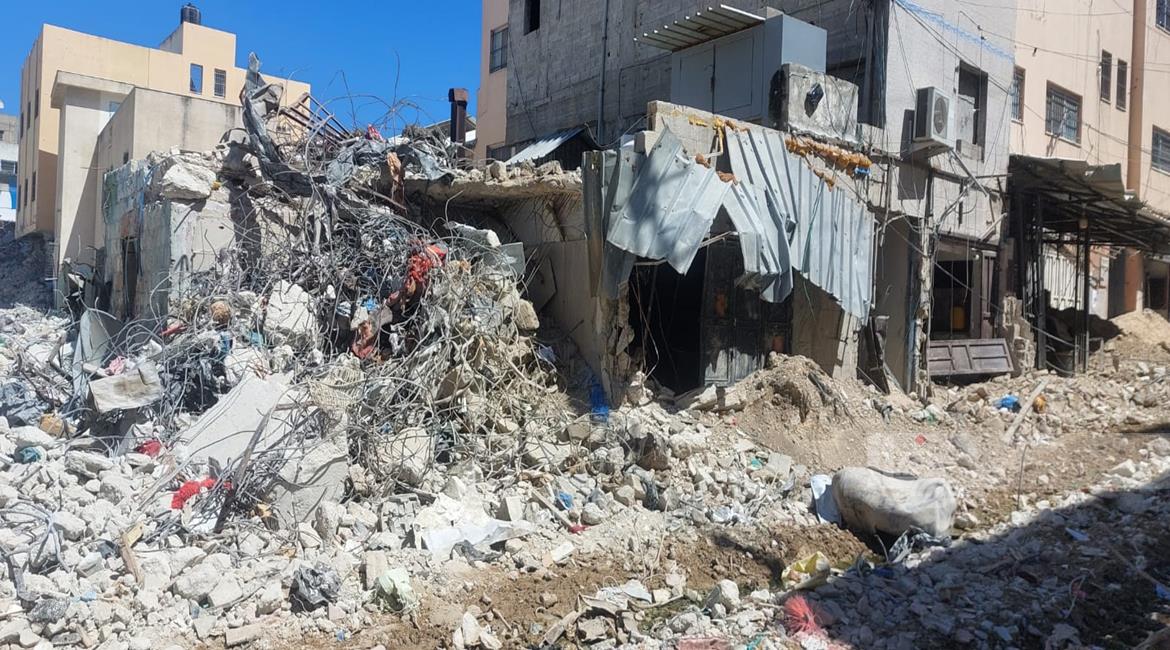RAMALLAH, February 2, 2016 (WAFA) – Afula hospital in Israel, where hunger striking detainee, journalist Mohammad al-Qiq is being held, issued on Tuesday the second medical report in less than 24 hours on the rapidly deteriorating health of al-Qiq’s, according to legal sources.
Jawad Boulus, head of the legal unit at the Palestinian Prisoner’s Society (PPS), said that following 70 days of hunger strike against being detained without a charge or trial, al-Qiq complained about unbearable headache, and severe pain in the abdomen and feet.
Boulus said that the issuance of the second report by Afula doctors in such short time highlights the rapid pace in which al-Qiq’s health has been rapidly deteriorating.
Meanwhile, physicians at the hospital said al-Qiq still refuses to receive nutritional supplements and to undergo any medical examination. He has lost his ability to speak and hear and may slip into a coma.
On Monday, Israeli public prosecution decided to keep al-Qiq held under administrative detention, despite of his critical health status.
According to PPS, the Israeli public prosecution claimed that al-Qiq was still conscious, and that there was no need to end his administrative detention.
A hearing session by the Supreme Court of Israel on whether to release al-Qiq is set for next Thursday.
Al-Qiq is the first Palestinian hunger striking detainee to be force-fed by Israeli authorities since the enactment of the force-feeding law by the Israeli Knesset in July 2015.
In July 2015, Israel‘s parliament enacted the force-feeding law of prisoners on hunger strike, a move that was met by vehement opposition from the country‘s medical association.
There are more than 500 Palestinian prisoners being held under administrative detention, a controversial Israeli practice that allows the detention of Palestinians without charge or trial for up to six-month intervals that can be renewed indefinitely.
Israeli officials claim the practice is an essential tool in preventing attacks and protecting sensitive intelligence, but it has been strongly criticized by the international community as well as by both Israeli and Palestinian rights groups.
Multiple human rights groups have accused Israel of using administrative detention regularly as a form of collective punishment and mass detention of Palestinians, and that it frequently uses administrative detention when it fails to obtain confessions in interrogations of Palestinian detainees.
M.N./T.R.











